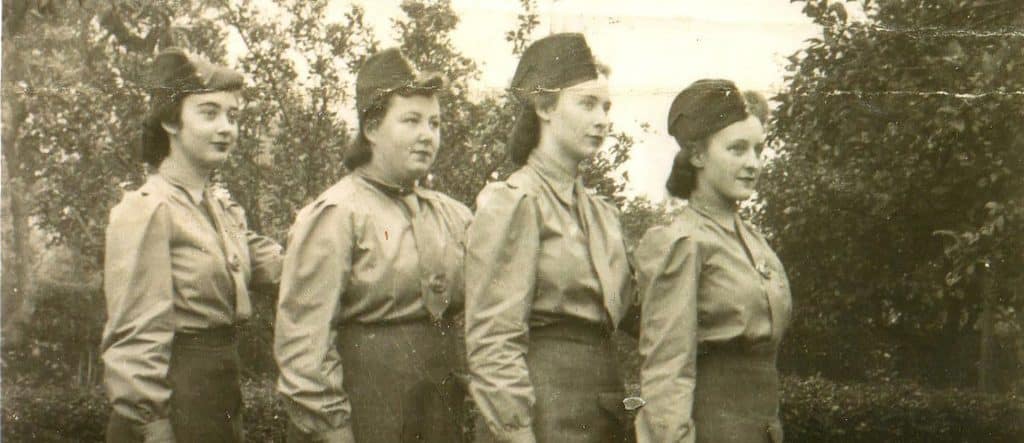On the 14th May 1940, as the people of Britain settled down for an evening with their families, the Secretary of State for War gave a radio broadcast appealing for people to join the force of Local Defence Volunteers, otherwise known as the Home Guard. In this broadcast Anthony Eden called for men between the ages of 17 and 65 to sign up and defend their country against invasion on home soil.
The announcement was met with great enthusiasm from the public, with over 250,000 volunteers in the first few days alone. It was not envisaged that women would wish to join the ranks but they did, and local commanders began accepting women in support roles, with some even receiving weapons training.
By June, the government learned of their involvement and announced that women were no longer allowed to sign up. This was followed by an official ban in November 1941, despite the Commander-in-Chief of the Home Forces, General Sir Edmund Ironside, arguing that women should be enrolled, and armed.
To get around the ban, some women continued to offer services through membership of the Women’s Voluntary Service. Others persuaded local units to recruit them in supporting roles such as drivers. By the end of 1942 over 50,000 women served, unofficially, alongside the Home Guard.
A number of people argued against the exclusion, most notably Labour MP Edith Summerskill. Eventually the government bowed to mounting pressure and offered a compromise. Women were allowed to officially enroll in the Home Guard, but would not be offered a uniform on a par with the men, rather a small plastic brooch that identified their involvement. In addition, they would not be offered weapons training, or be permitted to carry weapons.
With this announcement a few privately organised groups began to work alongside the men, the largest being the Women’s Home Defence Corp. With over 30,000 members, the women undertook rifle training, and often practised on shooting ranges with local Home Guard units.
Despite attempts by the government to deter women, many showed their determination to play an active role in the defence of British soil. From drivers and secretaries to weapons training and taking up arms, women of all ages stood by their male counterparts, ready to stand against foreign invasion. Thankfully, the need never presented itself in the way many feared it would.
Image – History of Wollaston
